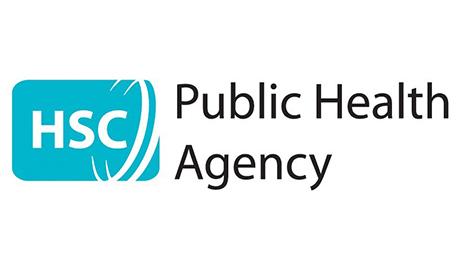Food, mood and wellbeing, particularly during times of stress
Mental Health / Healthy DietThe potential for food to contribute towards our overall health and wellbeing is even more important as we adjust emotionally to the restrictions, challenges and opportunities we are faced with during the COVID-19 pandemic.
Food to boost mood
When feeling low, many of us reach for chocolate, biscuits or cake. We associate these foods with comfort and reward. Eating these when we are feeling down in the dumps gives us a feeling of satisfaction and contentment. Our blood sugars rise and give us a boost in energy. However, the feeling is short lived and as our blood glucose drops both our energy and mood can slump!
Serotonin, the feel good hormone, is partly made from a protein found in foods called tryptophan. Tryptophan is present in a variety of foods such as dairy, fruits and vegetables, oily fish, eggs and grains such as wheat, rice and barley. Researchers continue to study the effect of foods on our serotonin levels and in the meantime it is a good idea to include these foods as part of a healthy balanced diet.
So how else can diet help during COVID-19, when the risk of poor mental health is increased?
Carbohydrates
Potatoes, bread, rice, pasta and other starchy carbohydrates are great energy providers. High fibre versions (eaten regularly throughout the day) are a good option as they stabilise our blood glucose levels and help keep us feeling full for longer. This includes brown bread, pasta and rice. Many breakfast cereals and bread are fortified with a number of different vitamins and minerals that help us meet our daily requirements.
Fruit and vegetables
We all know that eating five portions of fruit and vegetables a day is good for us. Did you know that ‘folate’ may be particularly good at helping to keep our mood stable? This is especially the case for older people. Folate is a vitamin found in fruit and vegetables. Good sources are green leafy vegetables, oranges and other citrus fruits, along with other foods like liver, beans and fortified breakfast cereals.
Proteins
Foods containing protein include beans, peas, fish, eggs, red meat, poultry and nuts. These foods are a great source of B Vitamins, iron and selenium. The B Vitamins help our body release energy from the food we eat, whilst iron helps carry much needed oxygen to our blood, and selenium is important for many bodily functions. Vitamin B deficiency has been linked with tiredness, feeling irritable and depression and a lack of iron in our diet can result in iron deficiency anaemia. One of the main symptoms of this condition is fatigue or tiredness. Lack of selenium may also increase the feelings of low mood and depression. It is therefore important to eat foods rich in protein every day.
Omega 3
Researchers continue to investigate the link between oily fish consumption and protection against depression. Whilst not conclusive, there are other health benefits to eating oily fish so it is worth including 1-2 portions each week. Oily fish varieties include salmon, trout, mackerel and sardines.
Caffeine
Caffeine is found in tea and coffee. It is a stimulant and drinking it can make us feel more alert and less tired. Many of us enjoy a cup of tea or coffee first thing in the morning to help waken us up, but caution is needed as too much caffeine has been associated with increased heart rate and feelings of anxiety. It can also interrupt sleep and getting a good night’s sleep is crucial in helping people manage their stress.
Staying hydrated
Many of us don’t drink enough throughout the day. If you don’t drink enough you may find it difficult to concentrate or stay focussed. Water is the best option followed by milk. Tea, coffee and juices count but these may contain caffeine and/or sugar so best to limit these throughout the day.
It’s all about balance
So, whilst feeling good comes from a variety of lifestyle factors including exercise, food and sleep, getting a balanced diet right can help us to cope better with everyday stress, which is especially important during the pandemic.
The Public Health Agency’s Choose to Live Better website has over 80 tasty, simple recipes at www.pha.site/recipes. There are recipes for starters, mains desserts and snacks and the recipes are easy to follow.







































































































































